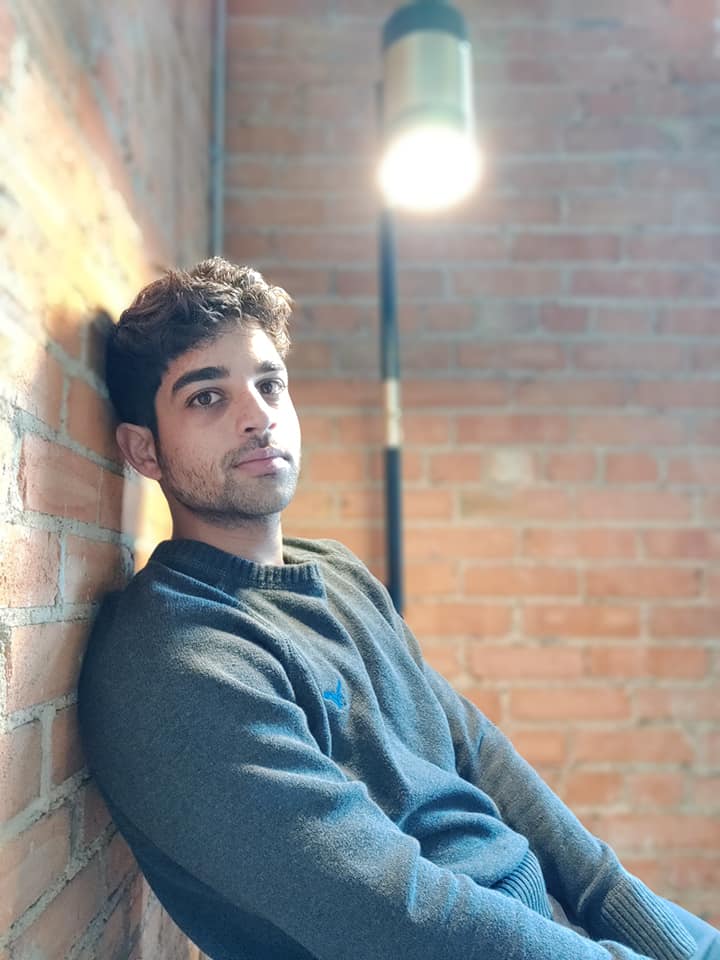(July 18, 2022) Stretched over 800 km, El Camino, the ancient pilgrim route in northern Spain is on the bucket list of every hiker. And it was no different for Sara Adhikari, the head of content at GiveIndia – the country’s largest online giving platform. So, when her sister, Louise suggested it, she jumped on the idea.
However, the 64-year-old didn’t want it to be a walk of just self-discovery and bonding with her sister. She wanted to walk for a cause close to her heart. Deciding to raise awareness and funds for acid attack survivors in India, Sara, and her 62-year-old sister, recently finished their 800-km walk and were also able to raise over ₹5 lakh, which will go for the rehabilitation of acid attack survivors and help with their long-term medical treatment.
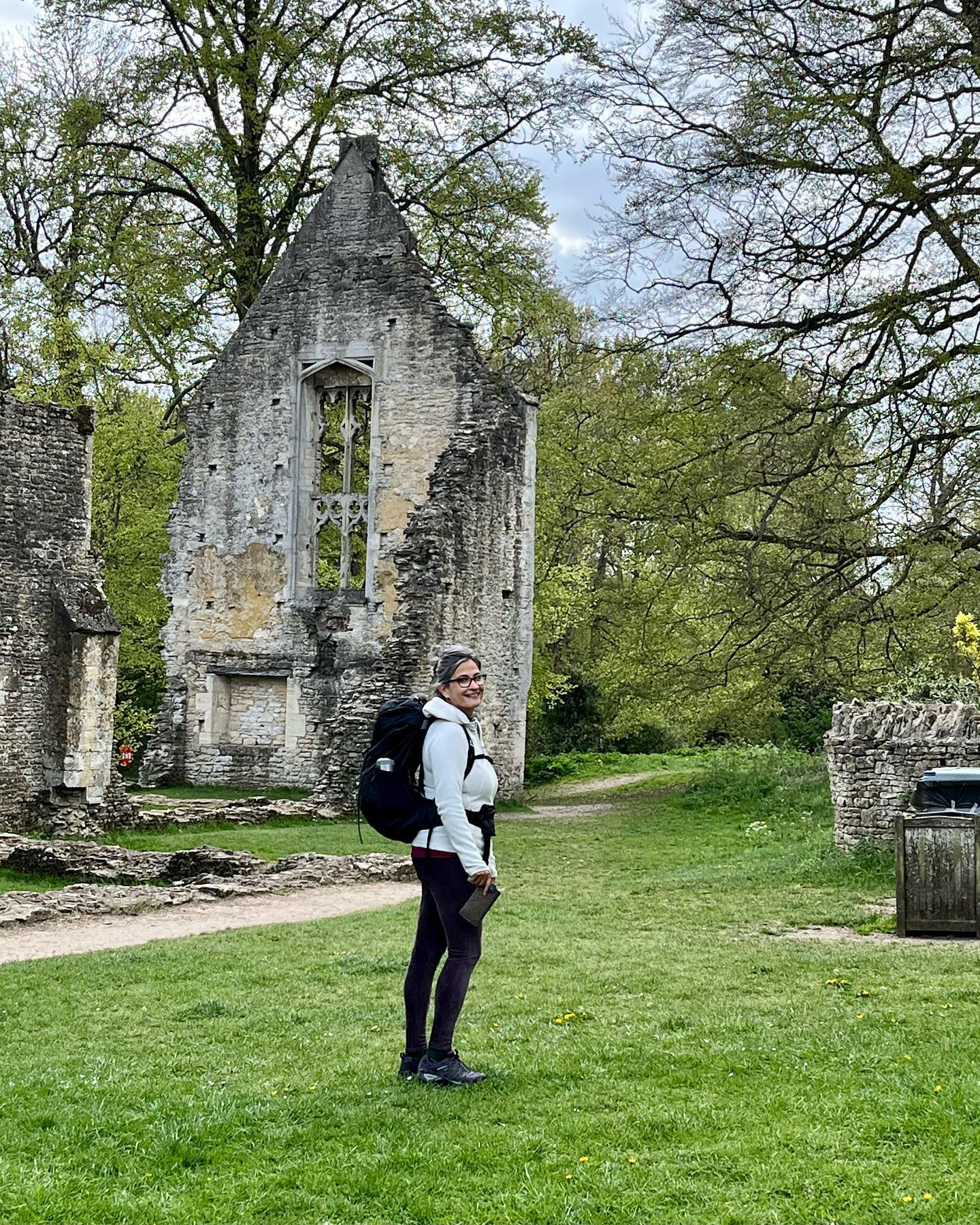
Sara Adhikari
On Sunday, June 26, Louise and Sara reached Santiago, 40 days after starting the trek. While their friends cheered the ladies as they uploaded wonderful pictures on social media, others generously contributed to the cause. As she connects with Global Indian, Sara remembers the emotions after she reached the finishing line. “I was relieved, elated, overcome, overwhelmed… all rolled into one. And, for the first time, we are proud of ourselves. We were also blessed with sunshine in Santiago, where it rains 300 days a year,” the hiker shares.
Preparing for the El Camino trail
The 800-km El Camino de Santiago walk in Spain is one of the most ancient and longest trails in the world. Besides being adventurous and having the will to complete the journey, what was required was a lot of planning. After all, the walk would last for weeks! “I bought a couple of books to know more about the kind of training we should do, including people’s accounts about walking the route and of course, a list of what little we could carry in our backpacks,” says Sara.
Preparations began months in advance. Sara joined a gym to train on the treadmill as much as possible. “If I wasn’t there, I went out walking as many mornings as I could, sometimes with a friend to the lakes. But I never managed to walk more than about seven km. That worried me and Louise too – what if I couldn’t manage the 20-25 km we would have to walk every day on the Camino?”
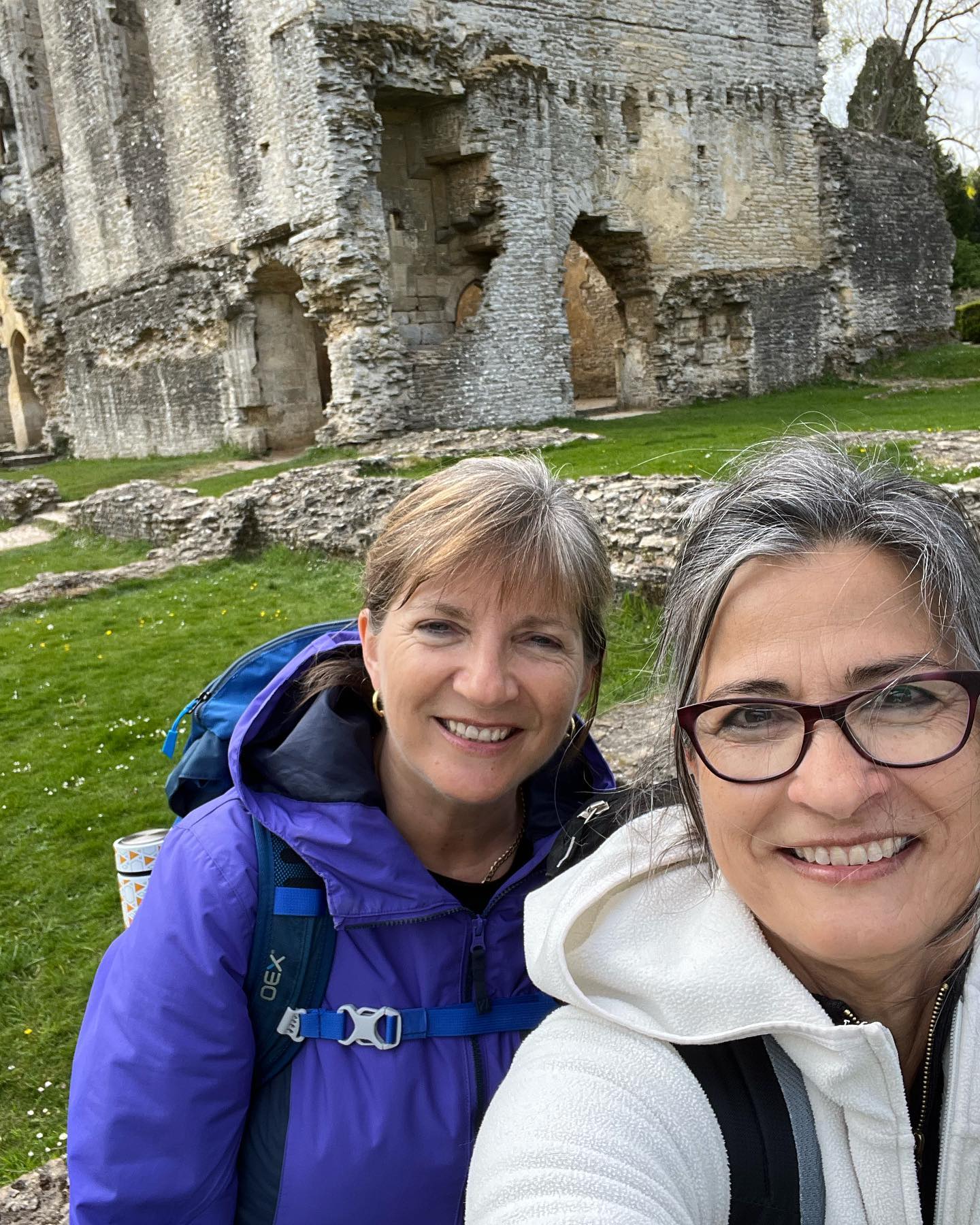
Sar, with her sister Louise during the El-Camino trek
The Bengaluru-based Sara is a former journalist who has worked with various leading publications such as Khaleej Times and Times of India. Her sister, Louise, worked in IT for 37 years and took early retirement about six years ago. Louise lives in Witney, Oxfordshire, with her husband and has taken part in triathlons, done challenges such as the Great Wall of China walk and a fundraiser where she walked 52 miles in 24 hours four years ago. The Camino walk was Louise’s idea after she saw the Martin Sheen film called The Way.
Overcoming their fears
After a few weeks of hiking trips in England, Sara and Louise were finally ready in May to start the challenge and headed to Spain. Sara’s two biggest worries before they started on the Camino were the fear of sleeping on the top bunk in hostels/dormitories along the way and how her feet would take in all the walking.
She didn’t have to wait for long to come face to face with her first fear. After the first day of walking, they were in a dormitory. Both of them got top bunks opposite each other. In the middle of the night, Sara had to get down and she slipped on the ladder, fell headlong, and hit the back of her head on the bunk. But it was nothing serious – except for a bump on the back of her head, which meant she couldn’t lie on her back for weeks.
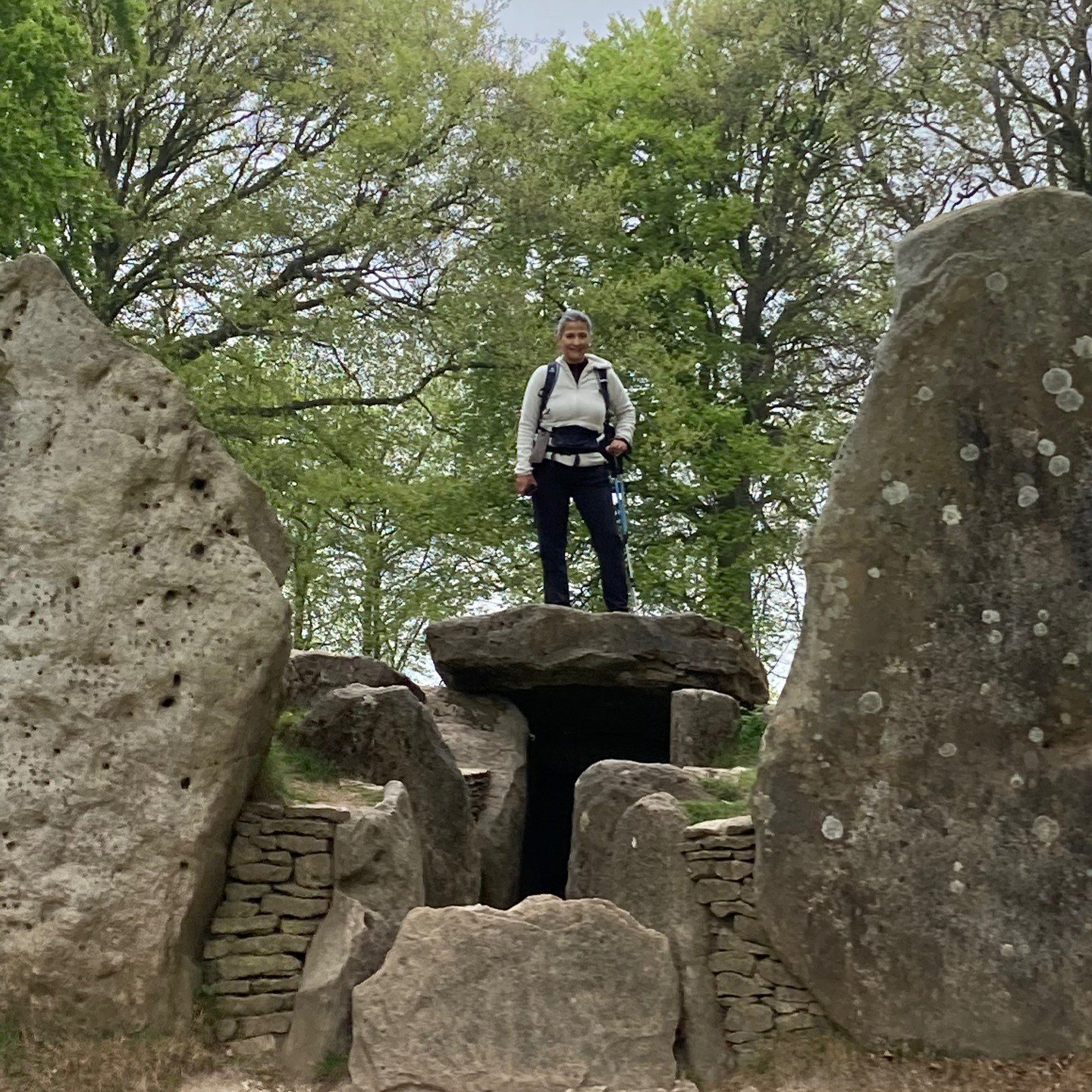
On the second day, Sara had some blisters on her feet. However, with all her friends encouraging them on social media, she continued with her mission. After walking for eight days, Louise insisted Sara go to a health centre in the next town. “I was mostly limping the better part of 10 km. The doctor tested my legs and told me to go to a health centre every day to treat them.” So Louise walked the rest of the 10 km on that day on her own and Sara took a taxi to the Albergue, where they stayed the night.
The following day too, Louise, walked the next 20 km while Sara walked to the health centre in Logrono and the doctor bandaged her well so she could start walking again. The hiker did join her sister eventually and they finished the rest of the journey together.
Memories from Camino that will stay
Most hikers describe life on the Camilo trail as ‘walk, eat, sleep, repeat’ – and each day was different for Sara and Louise. The stories of co-walkers’ lives inspired the ladies a lot. “We met a newly married man, who had a chronic condition and suffers debilitating pain in his head which causes seizures. But that didn’t stop him from walking 800 km alone. While he needed to visit the hospital a couple of times along the way, he didn’t want to be bound by his family’s legitimate fears of what could happen. He was greeted by his relieved teary-eyed wife when he walked into Santiago, bursting with pride at his achievement,” Sara shares.
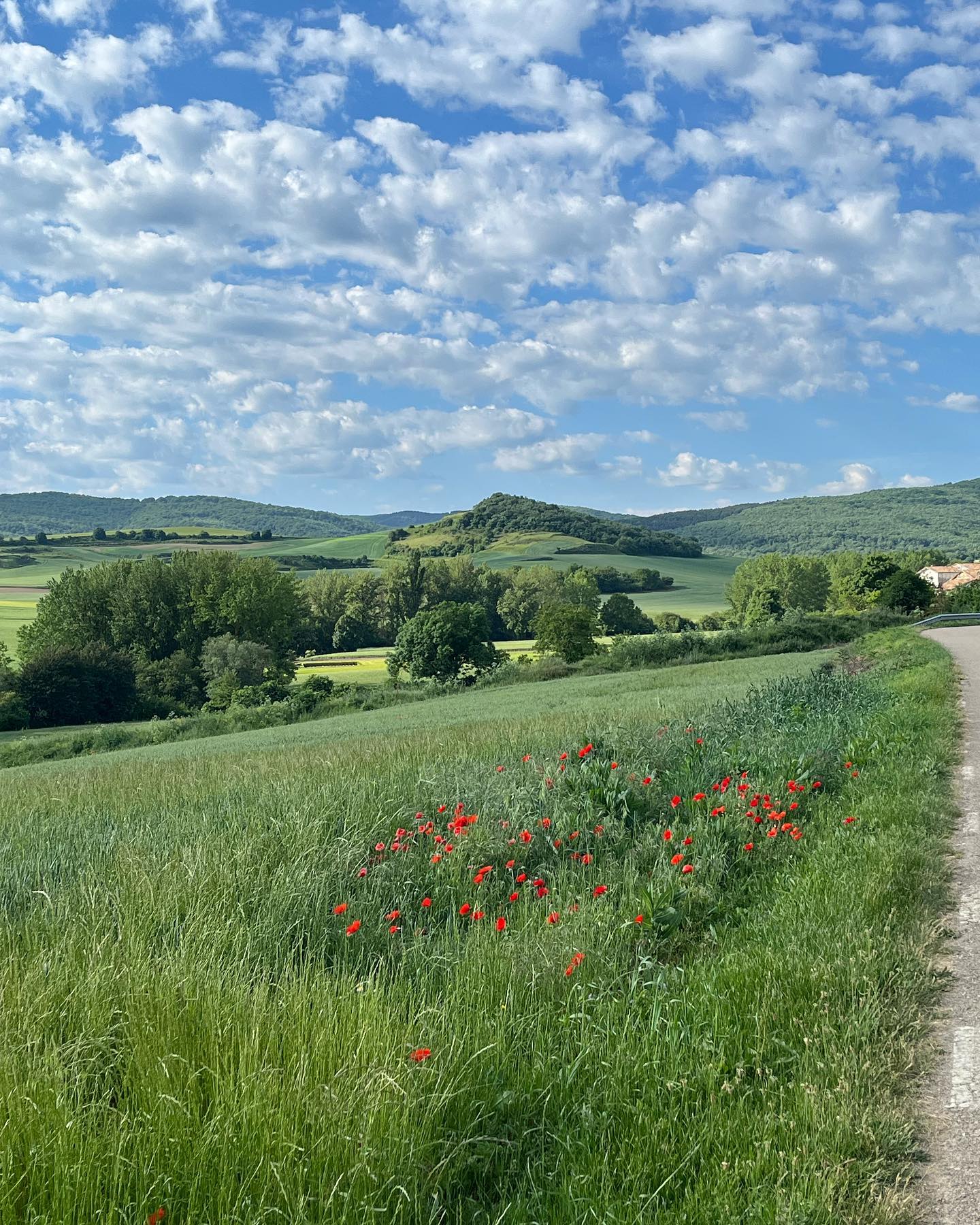
A picture of the beautiful countryside in the northern Spain that Sara shared on her Instagram
The duo also met an American couple in their late 70s who were “walking very fast.” But when they slowed down to chat, Sara learned that the husband has dementia, but still wanted to do the Camino. “The wife never left his side,” the hiker says.
Worth the trouble
“It was hardy,” says Sara on the walk, despite all the difficulties they faced. “Doing something for acid attack survivors was on the top of my mind,” she says. GiveIndia had launched a fundraiser for Chhanv Foundation to raise funds for acid attack survivors.
The hiker shares that researching and reading about incidents of cruelty that physically and mentally scarred women for life had deeply disturbed her a lot. “I wanted to create awareness for these survivors, who usually keep a low profile as they find it difficult to face the society that shuns them,” she says.
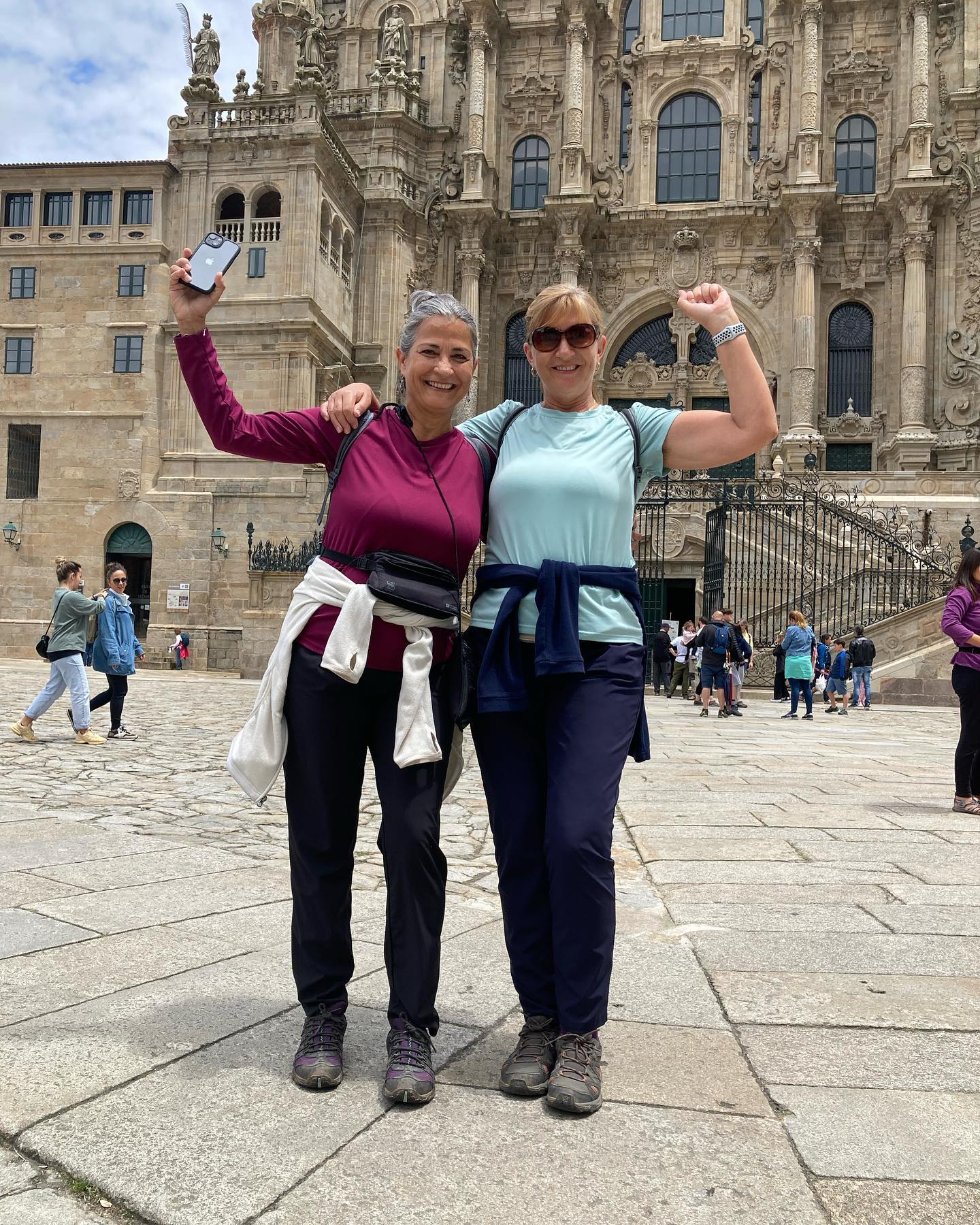
Sara and Louise after finishing the El Camino
Thanks to the generosity of friends, family, colleagues, acquaintances, and others, Sara’s fundraiser for acid attack survivors has reached the target of Rs 5 lakh and people are donating even now. You too can donate to the cause here.



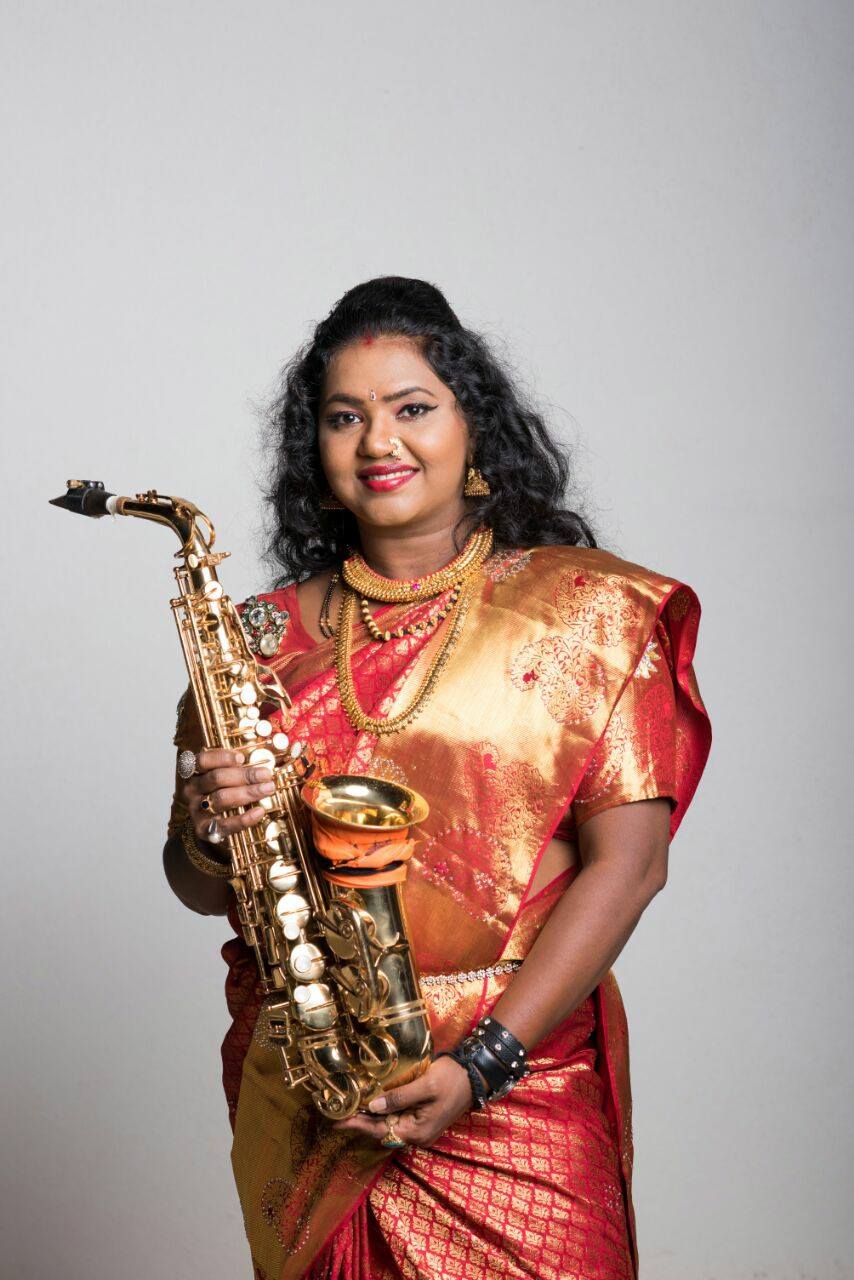 Saxophone Subbalaxmi[/caption]
Saxophone Subbalaxmi[/caption]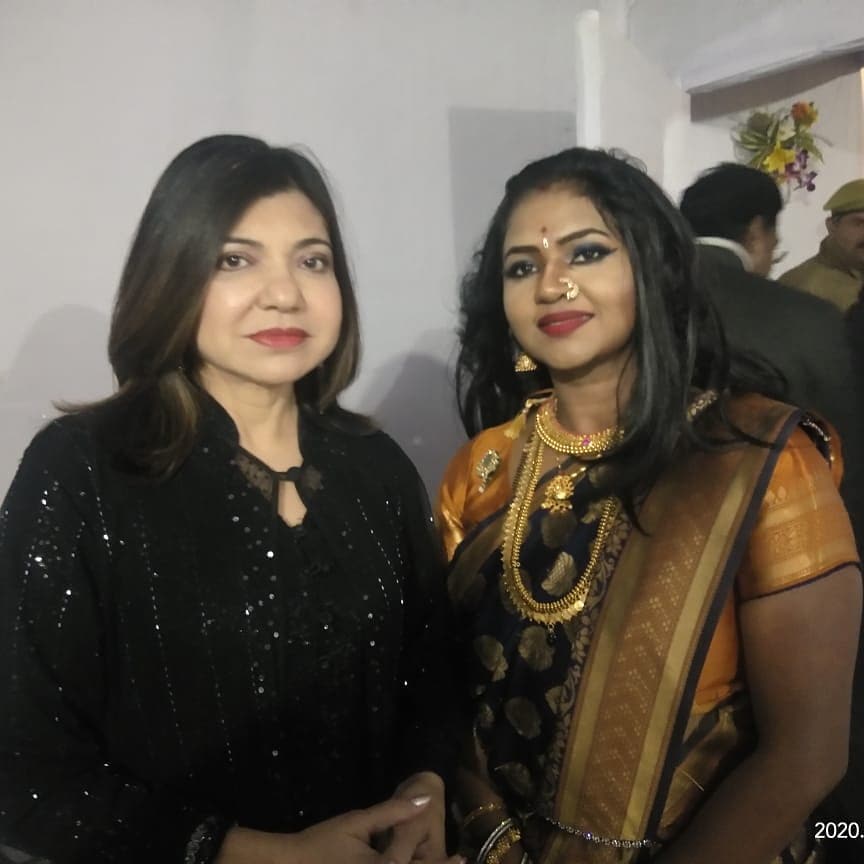 Saxophone Subbalaxmi with popular Bollywood singer, Alka Yagnik[/caption]
Saxophone Subbalaxmi with popular Bollywood singer, Alka Yagnik[/caption]

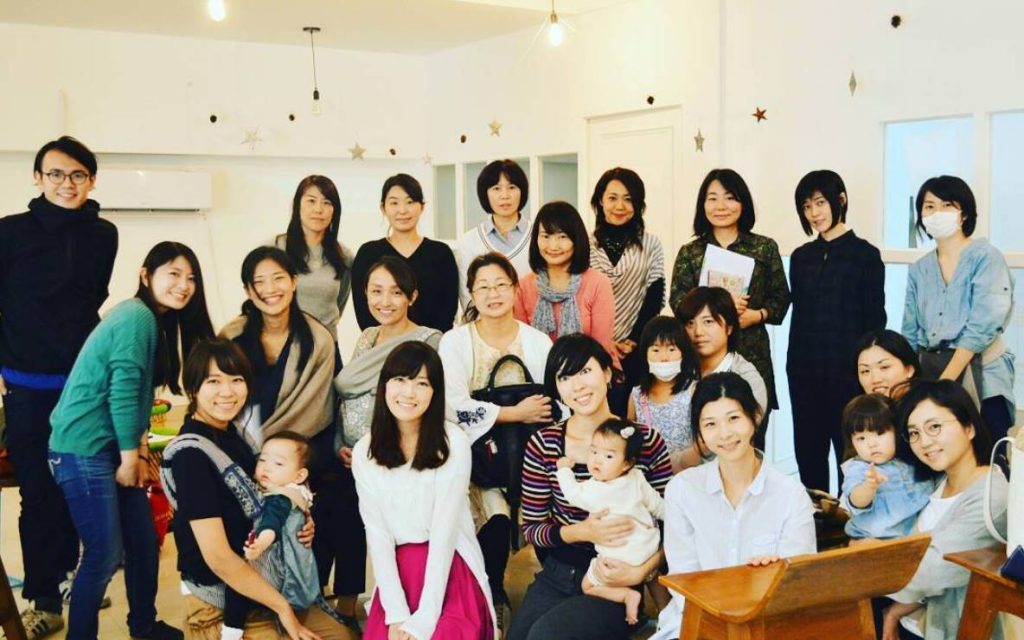 Japanese expats in India during an event organised by Hasora[/caption]
Japanese expats in India during an event organised by Hasora[/caption]
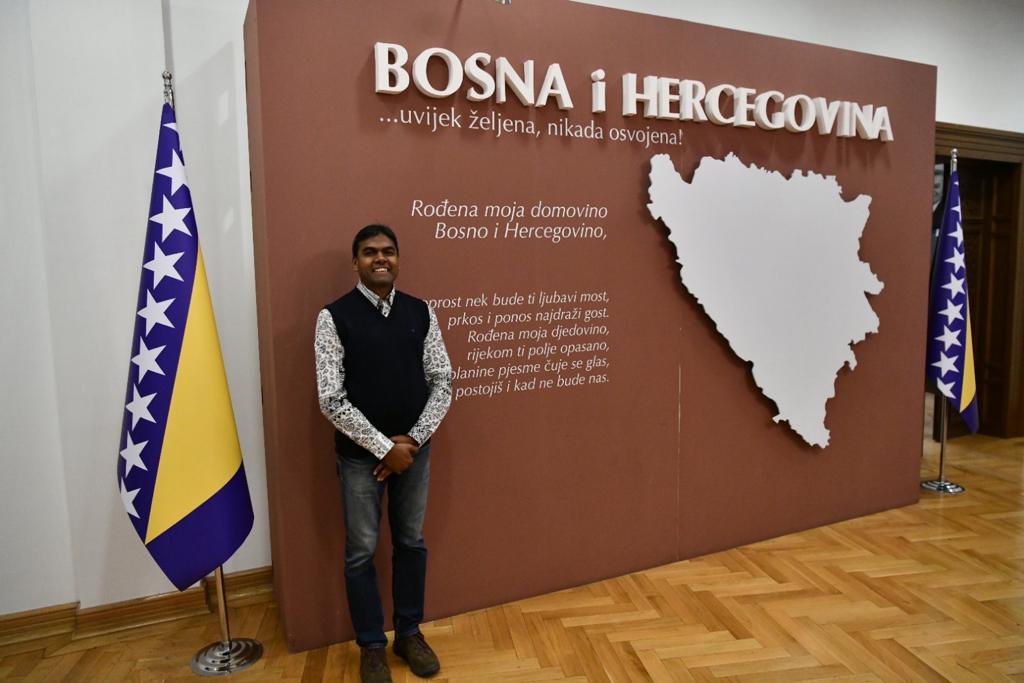
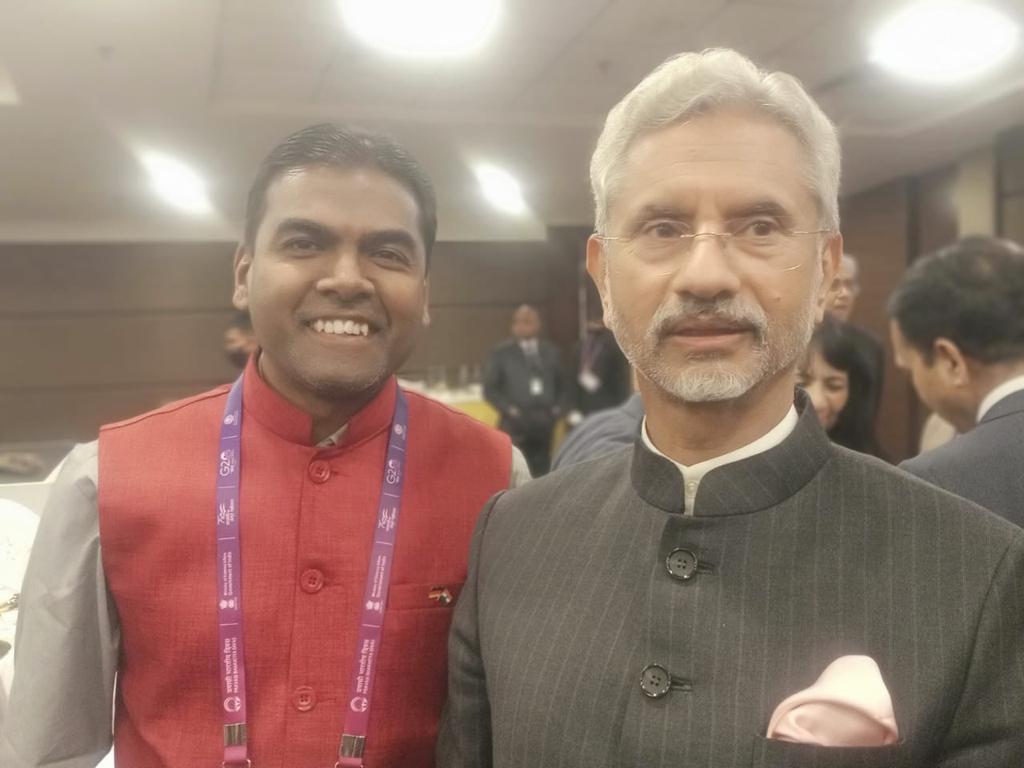 Dr. Ramani with S. Jaishankar, Minister of External Affairs of India[/caption]
Dr. Ramani with S. Jaishankar, Minister of External Affairs of India[/caption]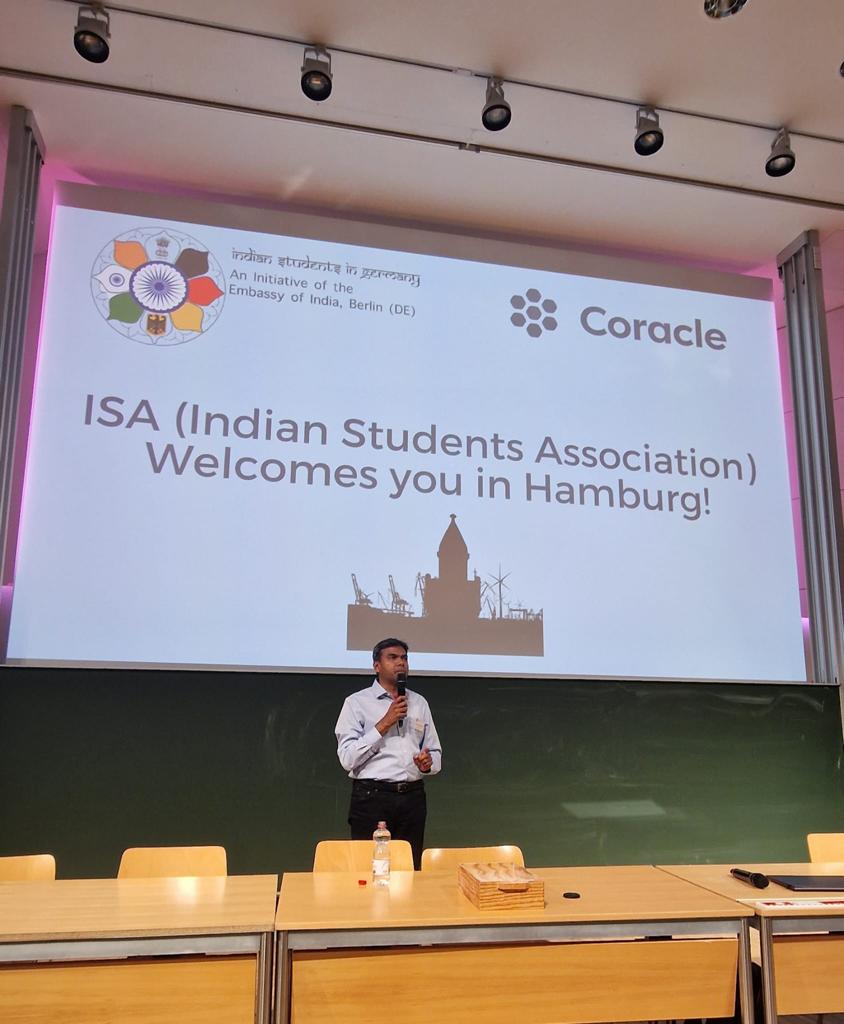
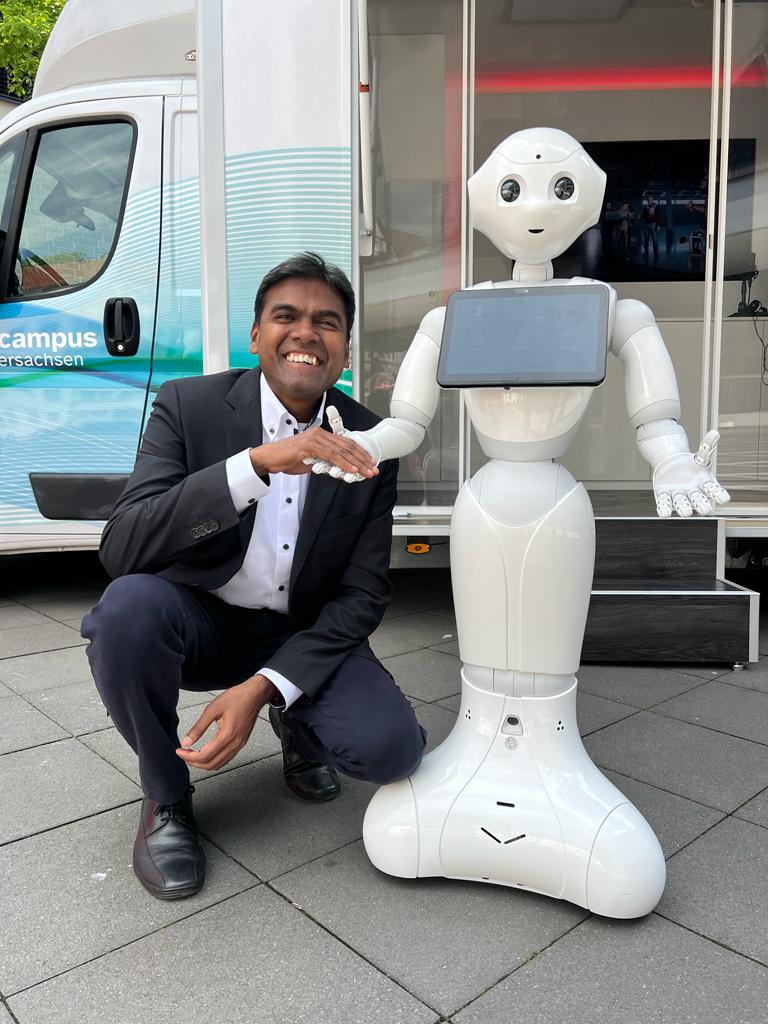

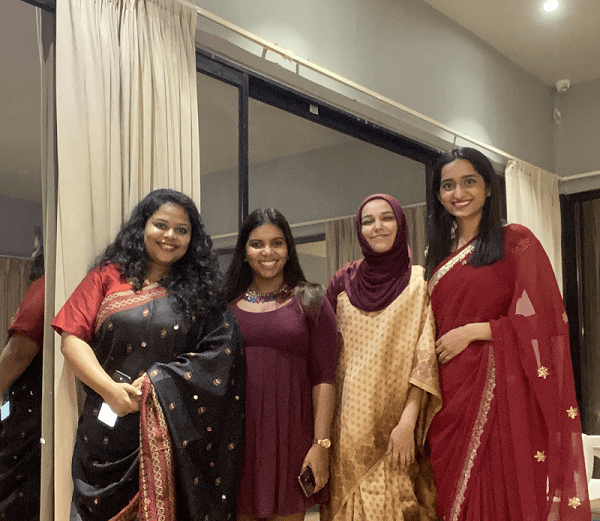 Dr Ruha Shadab with her Led By foundation team[/caption]
Dr Ruha Shadab with her Led By foundation team[/caption]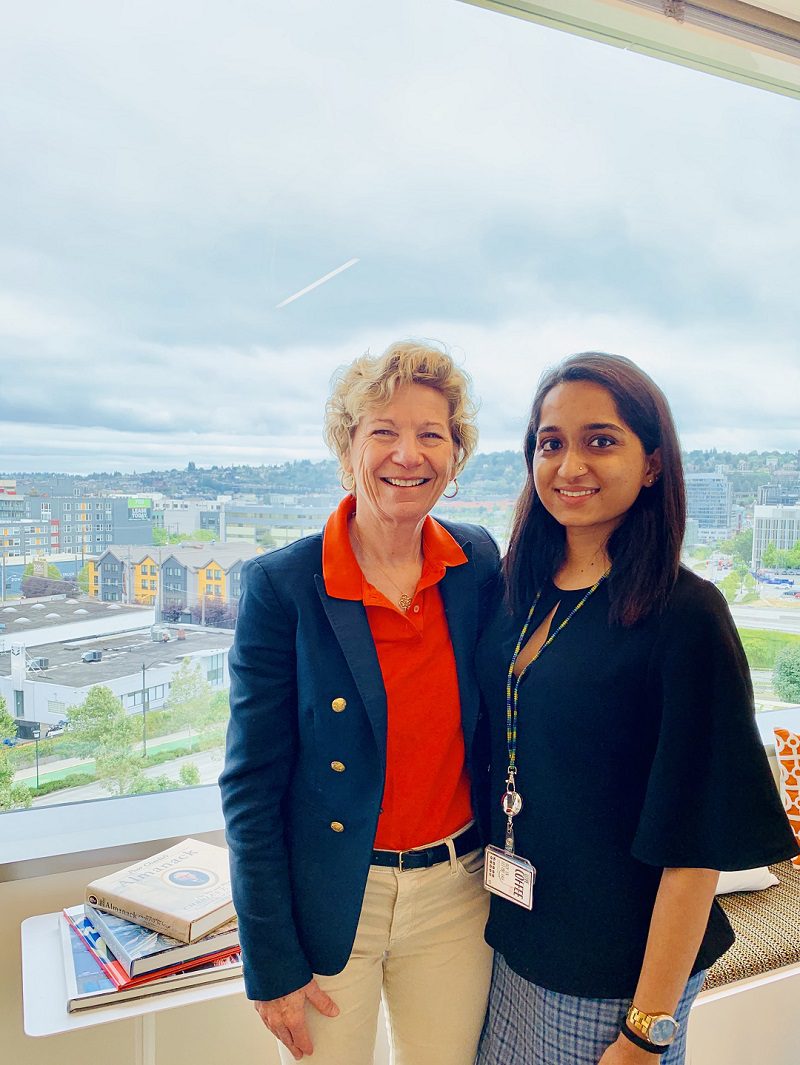 Dr Ruha Shadab with the CEO of Gates Foundation[/caption]
Dr Ruha Shadab with the CEO of Gates Foundation[/caption]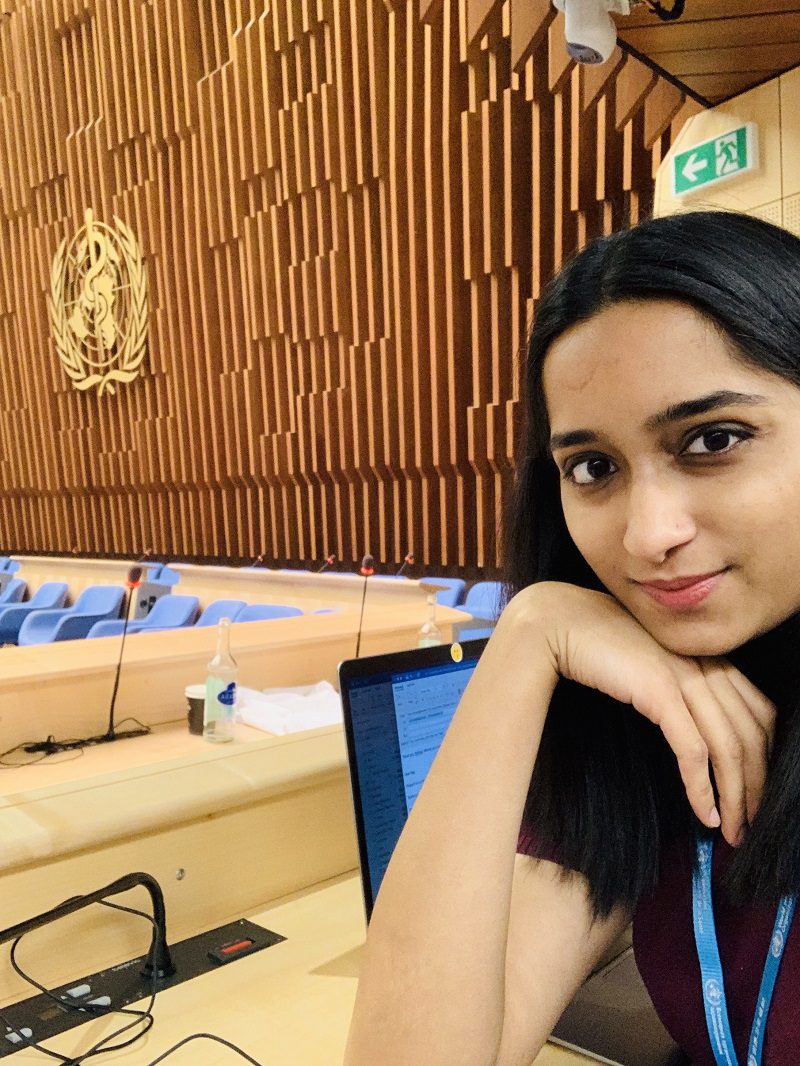 Dr Ruha Shadab at WHO[/caption]
Dr Ruha Shadab at WHO[/caption]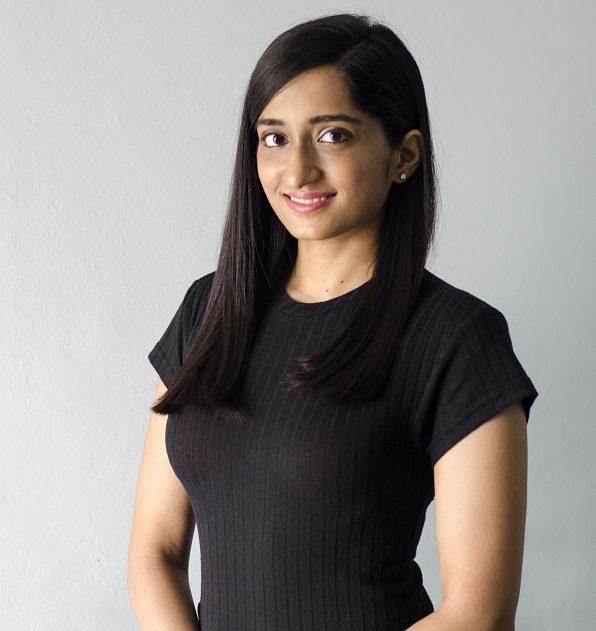 Dr Ruha Shadab[/caption]
Dr Ruha Shadab[/caption]
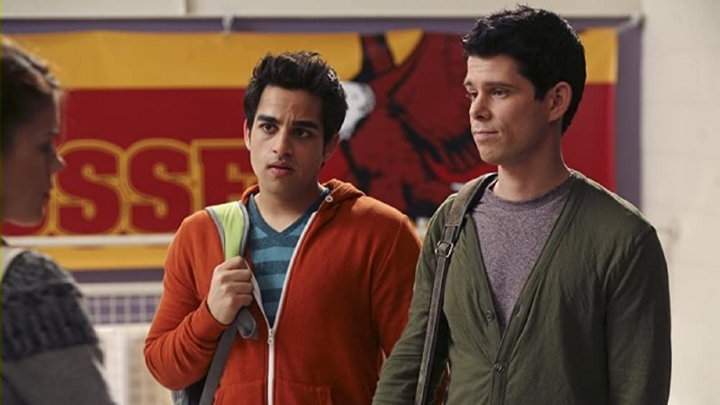 A still from the show Teen Spirit[/caption]
A still from the show Teen Spirit[/caption]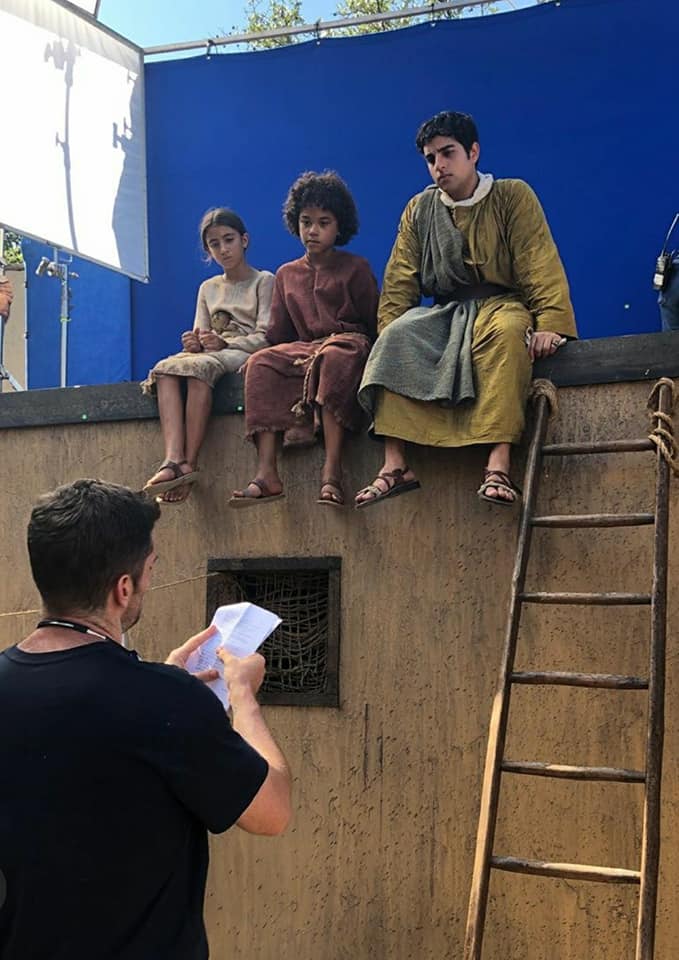 A still from the sets of The Chosen[/caption]
A still from the sets of The Chosen[/caption]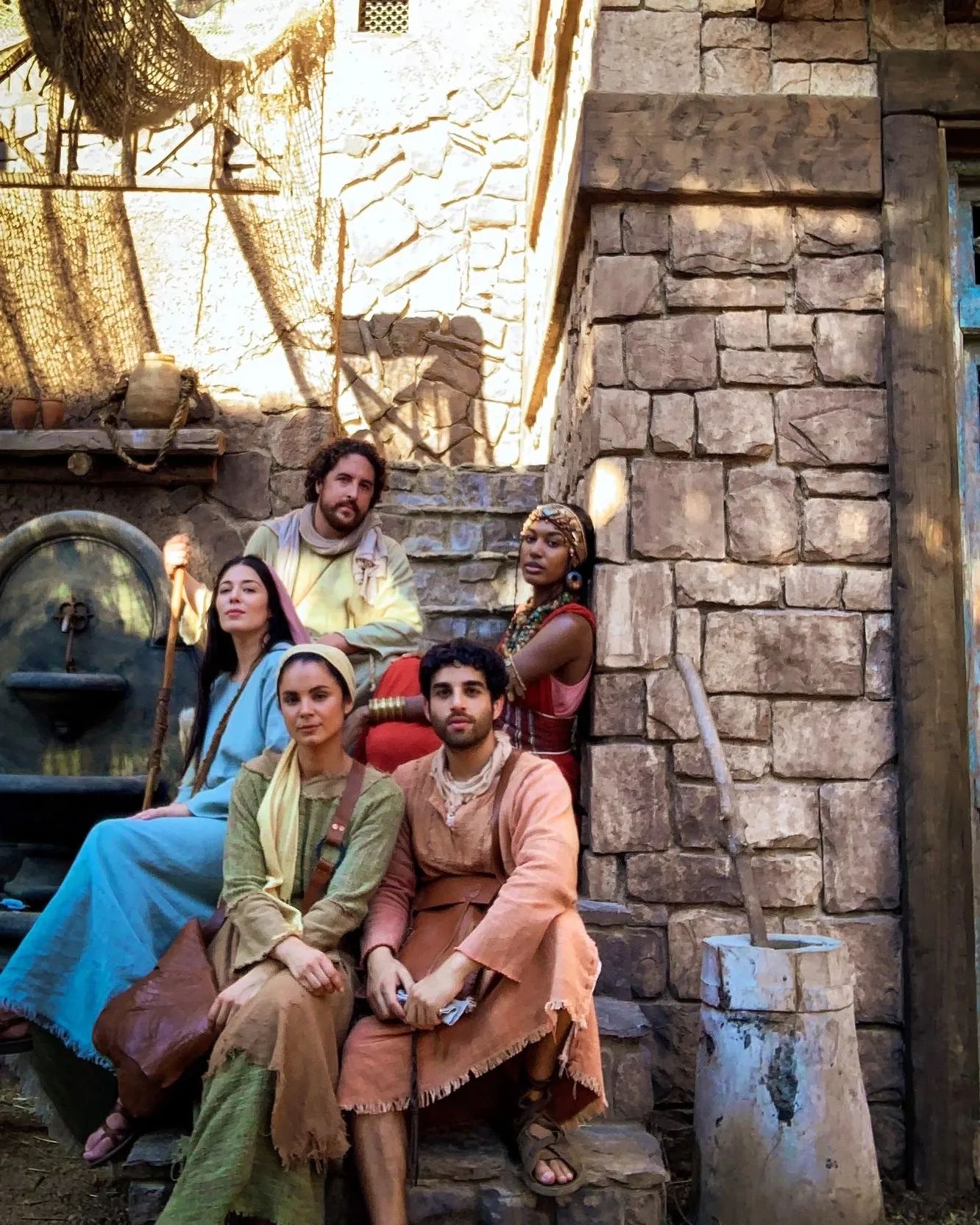 A still from the sets of The Chosen[/caption]
A still from the sets of The Chosen[/caption]